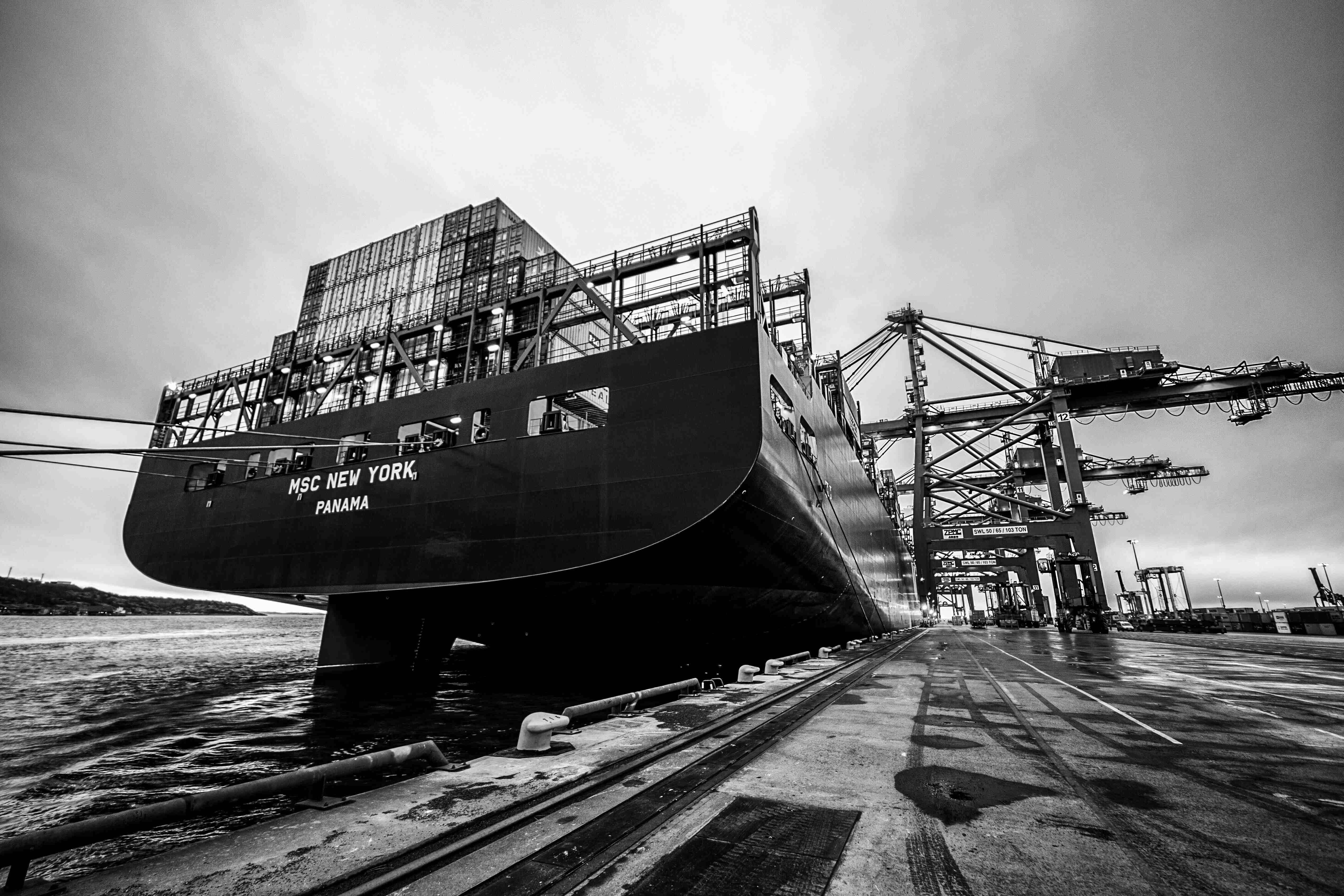IT challenges in logistics
The logistics industry is undergoing rapid change and is facing numerous challenges relating to flexibility, transparency and sustainability. To overcome these challenges and drive the digital transformation forward, logistics companies need to comprehensively digitalize and automate their processes.
What you need to know:
- Increased demand for visibility through real-time tracking
- Prioritizing sustainability through digital solutions
- Building strong partner relationships with EDI
Digital transformation in logistics
Modern enterprise content management (ECM) plays a crucial role in this by providing employees with access to important information and supporting first-class customer service. ECM can solve many of today's challenges and offers immense benefits for the industry.
Increased demand for visibility
Customers demand real-time tracking of their deliveries. Electronic Data Interchange (EDI) improves transparency by digitizing shipping documents and minimizing errors. This leads to improved customer satisfaction and more efficient supply chains.
Prioritizing sustainability
Companies are increasingly prioritizing sustainable practices. EDI reduces paper consumption and supports efficient just-in-time supply chains, leading to a reduction in emissions. Sustainability is therefore not only becoming a competitive advantage, but also a standard in the industry.
Building strong partner relationships
EDI shortens delivery times and improves cash flow. This increases the attractiveness of business partners and makes communication more efficient. Strong partner relationships are crucial for success in a dynamic market environment.
Integration of IoT and big data
With the increasing spread of the Internet of Things (IoT) and big data, logistics companies can create precise forecasts and analyses. IoT sensors enable the continuous monitoring of goods, while big data analytics help to identify trends and patterns in large amounts of data. These technologies improve decision-making and help to optimize supply chains.
Cybersecurity in logistics
Increasing digitalization also increases the risk of cyber attacks. Logistics companies must therefore implement robust cybersecurity measures to protect their data and systems. This includes firewalls, encryption, regular security checks and training employees in dealing with IT security risks. Strong cybersecurity is essential to gaining the trust of customers and ensuring smooth operations.
The future of logistics
The future of logistics will be more efficient, more autonomous and more environmentally friendly. Well-trained personnel will remain indispensable. EDI and ECM provide the logistics industry with the necessary tools to improve transparency, efficiency and sustainability and gain a competitive advantage in an increasingly complex business environment.
Website creation | Effective web design | Website development
Photo source: pexels.com



